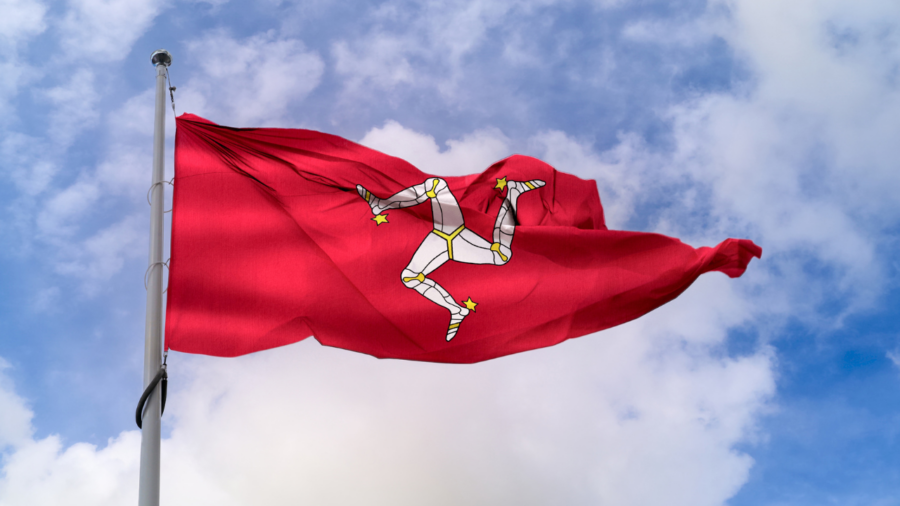With tax rates not rising since 2010, seeing the higher rate increase from 20% to 22% was not a complete surprise.
Although tax rises are rarely welcomed, I think we had accepted that more tax revenue had to come from somewhere to balance the books.
This measure is expected to generate up to £20 million for the provision of healthcare services and, if put to good use, should improve service and reduce waiting times.
The freezing of the personal allowance and higher rate threshold also acts to generate additional tax by bringing more people into the tax system as earnings rise and rate thresholds remain static.
These kinds of measures can often be described as stealth taxes and, unfortunately, do tend to impact the “squeezed middle” the most. On the back of increases in mortgage rates, utilities and rates, it would be amiss not to acknowledge that this could spell some hard years ahead.
Hopefully, the increase in child benefit and pre-school credits will soften the blow for struggling families.
Thankfully, the Minister’s announcement includes the intention to replace this tax increase in future with a standalone levy, one that will also be applicable to those residents who do not pay income tax.
We eagerly await the proposals for this, acknowledging the careful balance needed to sustain our existing population’s needs without creating barriers to encouraging new residents, in line with the Island’s strategic plan.
We should look to learn from past failed efforts. The UK introduced a form of healthcare levy via temporary National Insurance in April 2022 only to scrap it by November owing to the cost of living crisis.
With National Insurance payable at a lower earnings threshold than the higher rate of tax, £8,320 for the employed versus £21,000, amendments to NI tend to have a greater impact on lower earners and would only affect workers.
On the face of it, amendments to income tax in the interim could be seen as more likely to meet the “fair and equitable” objective. Although what qualifies as fair and equitable is often subjective, opinion is highly likely to vary greatly depending on your circumstances!
I only wonder how a standalone levy would work in practice and whether residents’ capital will be assessed, i.e. some sort of means testing.
We are still awaiting the detail regarding how state pensions awarded to those who reached state pension age post 6th April 2019 will increase in future. This uncertainty bolsters our opinion that the state pension is not to be solely relied upon to fund retirement and encourages those working to consider their retirement plans carefully, be it through a pension or other regulated investment.
With healthcare services and public budgets stretched, on top of an ageing population, there is a greater need to make personal provisions for the future.


